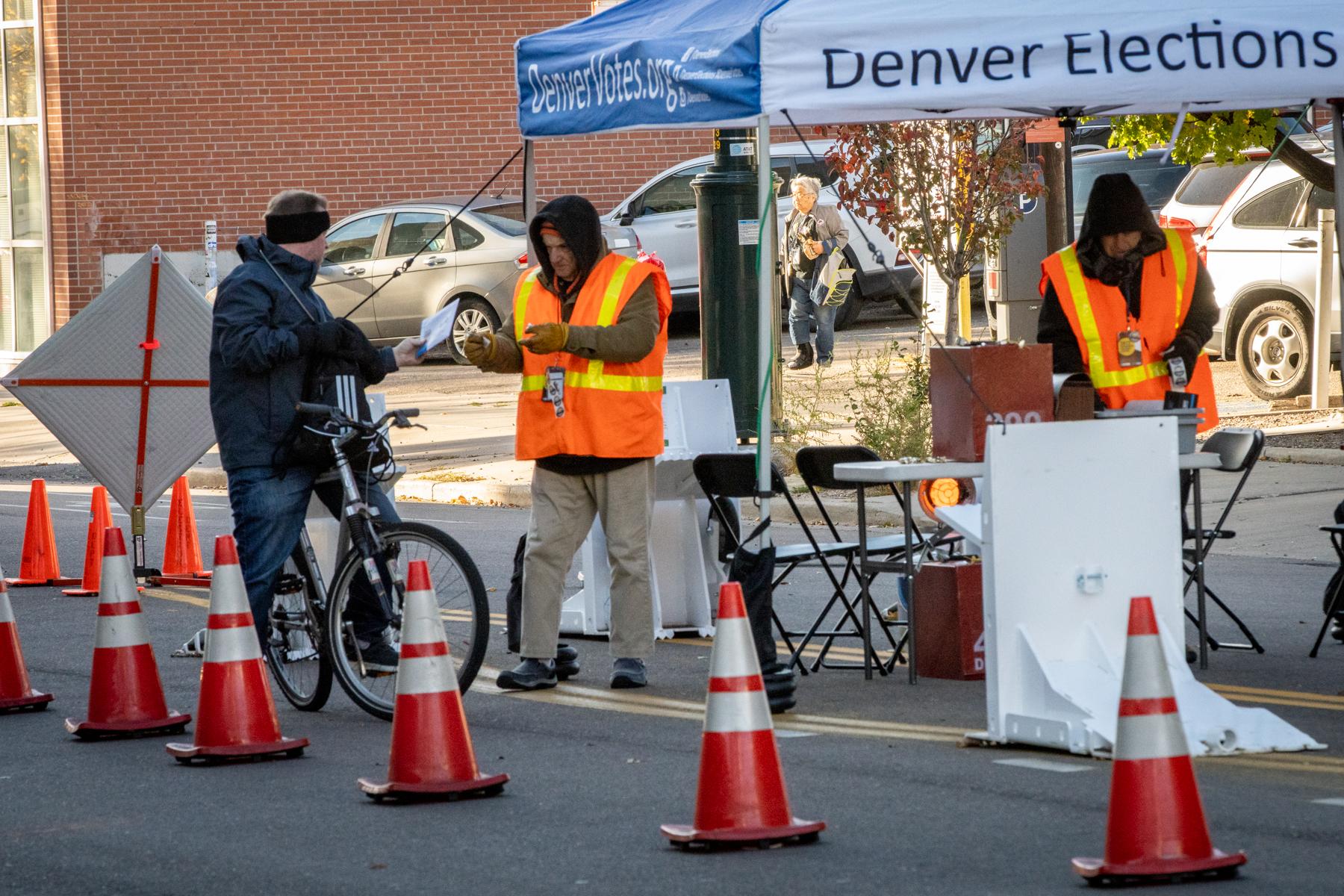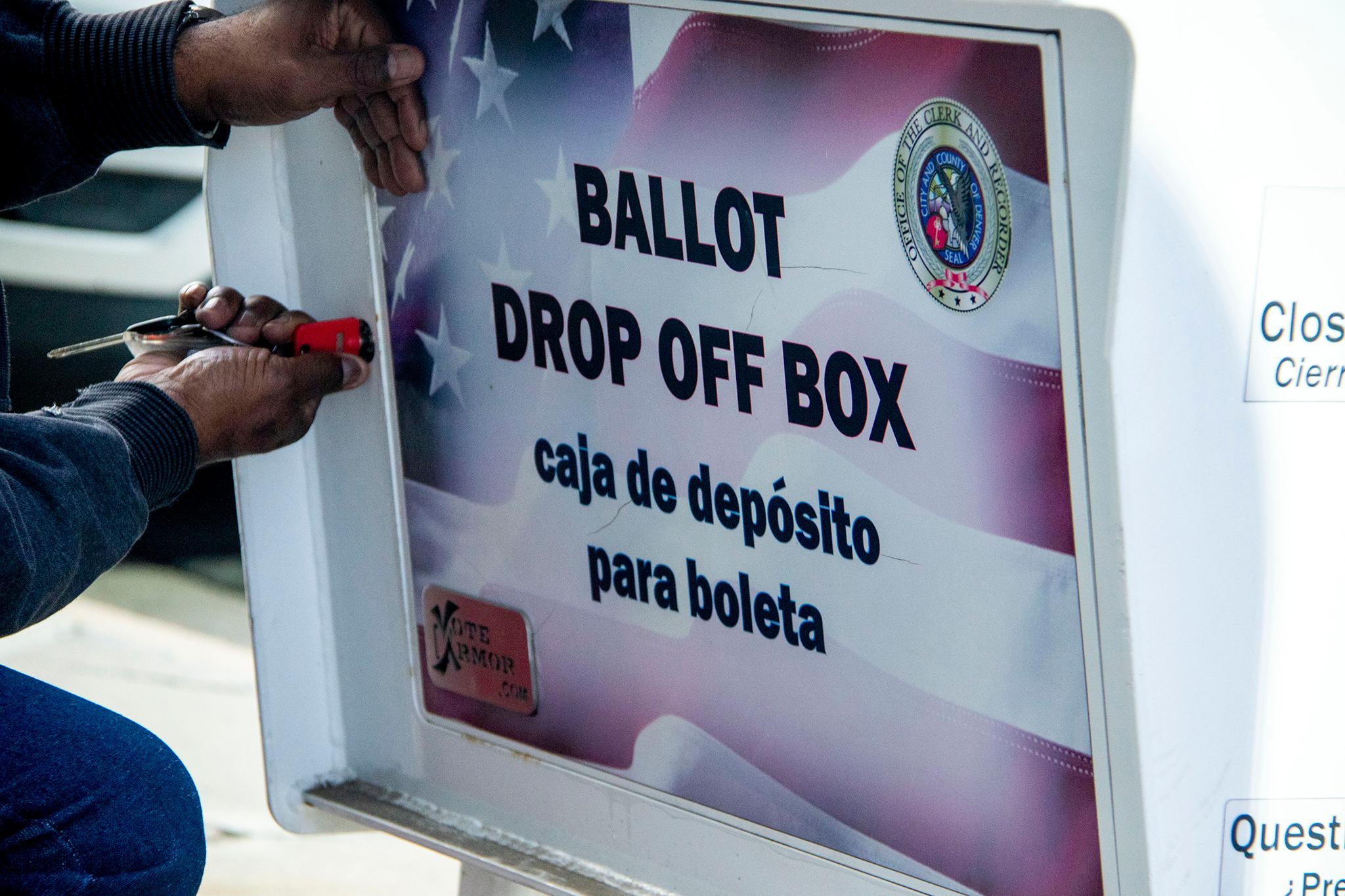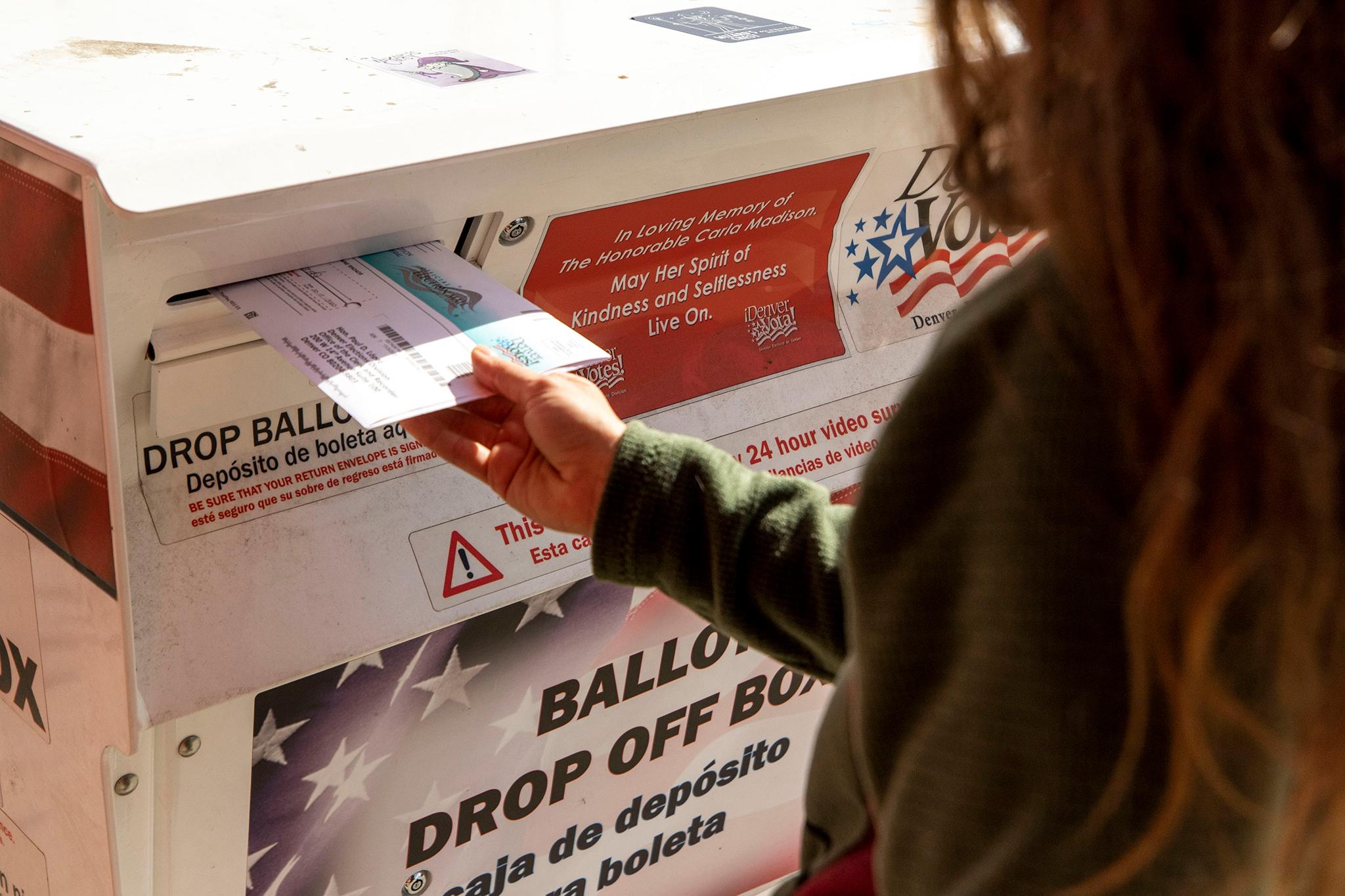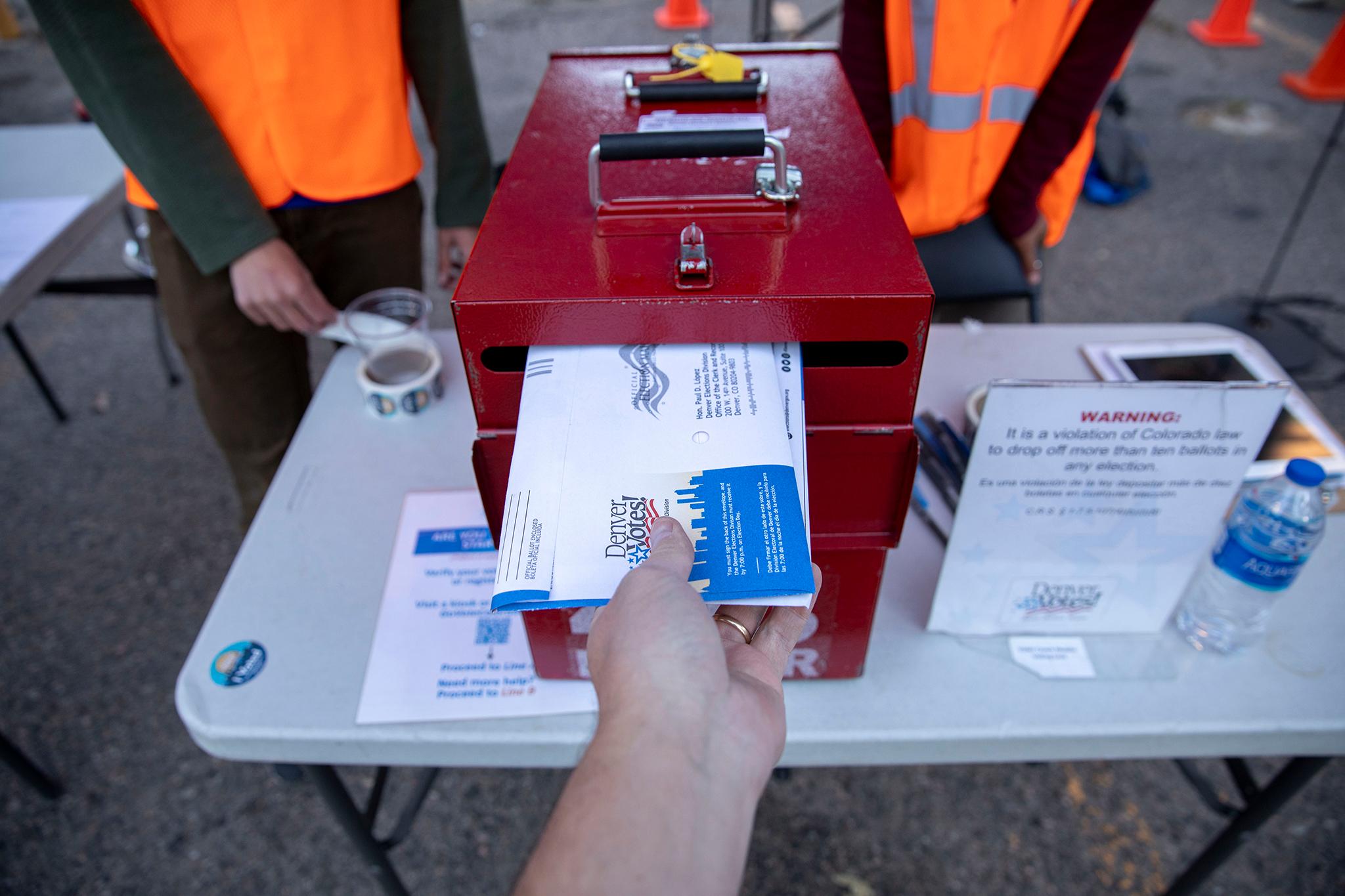The 2023 Denver election will be here soon. With more than 70 people signed up to run for office as of mid-December, it could be a messy one. And a lot of people are rightly confused about what's coming.
Right now, there are some details, ahead of the election, still being hammered out by City Council and the Clerk and Recorder -- especially around the Fair Elections Fund.
But there are many things we do know for sure.
On March 13, the Clerk and Recorder's office will mail out ballots. The 24-hour drop-off boxes will be open. You'll have 22 days to vote if you live in Colorado. The last day to vote will be April 4. Oversees and military ballots will be cured on April 12.
There will likely be initiatives, referendums, Charter amendments, or other referred measures for voters to consider.

This April 4 election is a big deal, because voters will be picking who leads and monitors the city, who keeps records, and who creates laws.
The positions up for grabs are:
- Mayor: The most powerful government official in Denver -- and many say in Colorado. This is the CEO of the city.
- City Council members for 11 districts: These people represent various areas of town and sit on the legislative body that decides the rules.
- Two at-large City Council members: These people represent the city as a whole and make laws with the district council members.
- Auditor: This is the position tasked with evaluating how the mayor's office, city departments and Council are doing at following rules, ensuring contracts are in order, and that employees are fairly compensated and engaged.
- Clerk and Recorder: This position oversees elections, marriages and other public records.
Will everybody running be listed?
Thankfully, no.
How do candidates qualify for the ballot?
Right now, there are more than 70 people signed up to run for office. They all met certain residency and age requirements unique to each position. You have to be 30 to be mayor or auditor. For Clerk and Recorder or City Council, you have to be at least 25. For all positions, you have to have maintained residency for two years before the election.
Within 10 days of becoming a candidate, each person running has to file campaign finance paperwork, which is available at the Denver Campaign Hub. You have to keep those updated through SearchLight Denver.

Candidates for mayor, auditor, clerk and recorder and at-large City Council seats must turn in a petition with 300 signatures from people who meet certain criteria, to qualify for the ballot. District City Councilmembers have to turn in 100.
That process started Dec. 14 and candidates have until Jan. 19 to turn in their petitions.
The Elections Division will determine the validity of the petitions, and assuming candidates still meet the threshold, they will qualify for the ballot.
To determine the order names appear on the ballot, the Elections Division holds a public meeting and makes picks lottery-style. The lucky first person to be drawn gets top billing.
In the case of a run-off, the person who first filed their petitions with the Elections Division gets the top slot.

How do we know who wins?
Candidates for mayor, auditor, clerk and recorder or district Council seats must receive more than 50% of the vote to win. In crowded races, that's unlikely. Assuming nobody receives more than 50%, the election goes to a run-off, which will be held on June 6. With so many candidates competing, that is all but guaranteed.
The two candidates with the most votes compete in the run-off, and the winner takes the position.
Candidates for at-large Council seats just need the highest vote count to win. In 2019, the winning candidates secured their seats with just 27% and 36% of voters supporting them. There are at least 13 people in the field for at-large Council seats.
Correction: We clarified language around the number of votes candidates need to represent the city.












